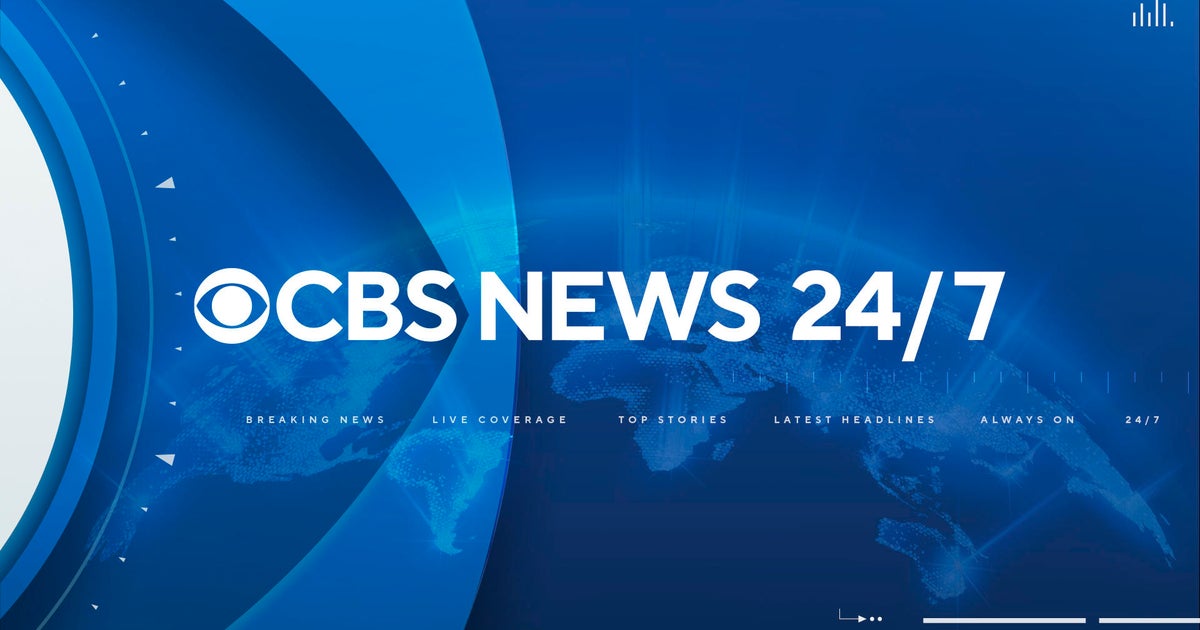Trending News: The Stories Individuals Are Talking About
Navigating the News Landscape: Tips for Finding Credible Information
In an age where information is plentiful yet typically undependable, navigating the news landscape with discernment is paramount. Establishing the reliability of sources is the primary step, as understanding the qualifications of authors and the reputation of their publications can significantly influence the top quality of info taken in. In addition, identifying prejudices and cross-checking truths are necessary methods for promoting informed perspectives. As we take into consideration these methods, one need to question how to properly execute them in today's quickly evolving media atmosphere-- an expedition that might expose more than prepared for regarding our engagement with information.
Assessing Source Reputation
Assessing resource reliability is essential for making sure the integrity of information in an age noted by information overload. As people navigate numerous kinds of media, from electronic write-ups to social media networks, critical reputable sources ends up being paramount. Secret variables to take into consideration when evaluating resource integrity consist of the authority of the author, the magazine's online reputation, and the proof supplied to sustain cases.
First, check out the author's certifications and experience in the subject matter. Authors with appropriate academic or expert histories are more probable to supply reliable understandings. Next off, consider the publication's track record; developed media electrical outlets commonly comply with journalistic criteria and fact-checking protocols, making them more trustworthy.
Furthermore, evaluate the high quality and significance of the evidence provided. Legitimate resources usually point out peer-reviewed researches, specialist meetings, or main stats, which boosts their insurance claims.
Cross-Checking Information
Cross-checking information is an essential method for confirming the accuracy of cases and preventing the pitfalls of false information. This procedure includes contrasting info from multiple reliable resources to identify its validity. When running into a newspaper article or insurance claim, one should look for out additional reporting on the very same topic from various outlets. This aids to determine discrepancies and verify facts.
To properly cross-check information, it is essential to use varied sources, consisting of developed news companies, scholastic journals, and expert viewpoints. Each resource may offer an one-of-a-kind perspective or additional context that boosts understanding. Furthermore, focus on the magazine days of the information being examined, as updates or improvements may have been issued.
Additionally, think about the context in which info is offered. Seek substantiating evidence, such as data, meetings, or direct accounts, that provide reputation to a claim. Be cautious of thrilling headings or psychologically billed language, as these can show an effort to adjust perception.
Identifying Prejudice and Viewpoint
Recognizing prejudice and viewpoint is critical for browsing the facility landscape of details. Every item of news is infiltrated the lens of the author's experiences, ideas, and associations, which can dramatically form the narrative provided. As consumers of info, it is important to acknowledge these predispositions, as they can cause distorted assumptions of truth.

It is also vital to acknowledge your own predispositions. Personal ideas can influence just how you translate information, making it vital to approach information with a critical frame of mind. Involving with varied viewpoints can help neutralize personal prejudices, enabling an extra rounded understanding of concerns.
Ultimately, identifying bias and viewpoint in information coverage is not just an academic workout; it is an important skill for notified citizenship in an autonomous culture. By cultivating this recognition, individuals can make more informed decisions and add to a more nuanced public discourse.
Recognizing Fact-Checking Resources
Fact-checking resources play an essential duty in discerning the accuracy of details in an era marked by false information and sensationalism. These sources, which include independent organizations and on-line systems, are dedicated to confirming cases made by somebodies, media outlets, and social networks blog posts. They use rigorous approaches to examine the legitimacy of declarations, frequently mentioning initial resources and giving context to facilitate understanding.
Some well-known fact-checking organizations, such as Snopes, FactCheck.org, and PolitiFact, concentrate on different subjects, from political unsupported claims to viral wikipedia reference net cases. Their job not just debunks false information but also highlights the value of evidence-based discussion. By getting in touch with these sources, people can create an extra critical technique to the info they come across.
In addition, several fact-checking systems use easy to use user interfaces that enable for quick searches by topic or claim, making it easier for users to locate pertinent info immediately. Engaging with fact-checking resources cultivates critical reasoning and furnishes individuals with the tools essential to browse the complicated news landscape effectively, ultimately advertising a much more get more informed public discussion.

Using Trusted News Aggregators
In today's hectic information landscape, trusted information collectors serve as beneficial tools for people looking for trusted information resources. go These platforms put together newspaper article from various trusted electrical outlets, offering users with a consolidated view of existing events. By curating material from developed media companies, aggregators aid users avoid the challenges of false information and sensationalism typically prevalent in much less qualified sources.
When utilizing information collectors, it is critical to choose ones that prioritize quality over quantity. Look for systems that use strenuous content requirements, making certain that the information offered is precise and trustworthy. Popular collectors like Google News, Feedly, and Flipboard enable individuals to tailor their information feeds based upon subjects of passion, making it possible for a customized experience that can boost knowledge and awareness.
Additionally, aggregators typically consist of features such as fact-checking assimilations and individual scores, even more assisting customers in discerning trustworthy details - news. While information collectors are advantageous, customers need to stay attentive and cross-reference info with key sources when necessary. By leveraging trusted news collectors effectively, individuals can navigate the complicated media landscape while staying notified with credible and diverse viewpoints
Final Thought
In verdict, browsing the news landscape requires a methodical strategy to make certain the usage of qualified info. Additionally, using fact-checking resources and trusted news collectors boosts the capacity to determine precise reporting from misinformation.